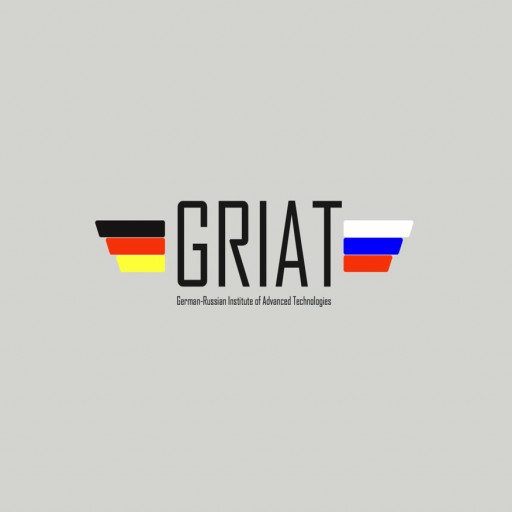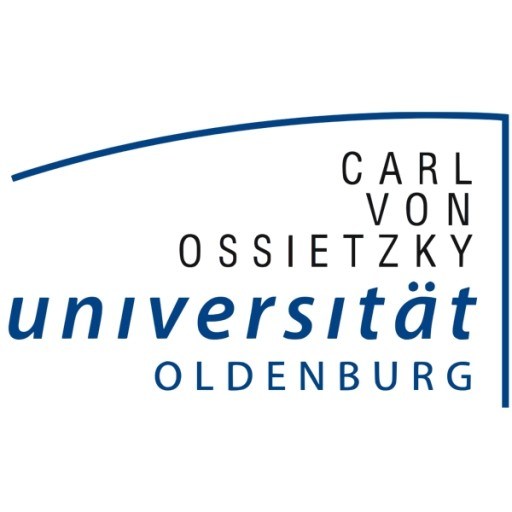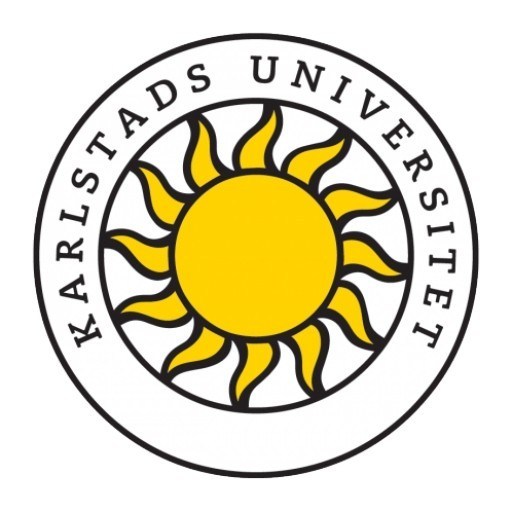Photos of university / #aaltouniversity
Studies in Engineering Physics create a basis for the technological applications of physics and open the doors for different careers in industry, science and research. A profound understanding of physics and mathematics can be employed in finding novel solutions to both present-day and future’s challenges.
Master's Programme in Engineering Physics is strongly research oriented. Almost half of the MSc graduates continue towards a doctorate. The research focus areas range from experimental and theoretical materials physics to nanophysics and nanoscience, and to novel energy solutions. The study programme differs from a more classical university physics in its proximity to concrete, practical research questions. Its connection to real-life problems is very strong.
There are two majors in the Master's Programme in Engineering Physics from which students can choose from when they enter the programme: Engineering Physics and Physics of Advanced Materials. The former is more general whereas the latter focuses on materials and nanoscience in particular.
Engineering Physics
The Engineering Physics major consists of two parts: a core content and a flexible choice of courses selected by the student. The core courses of the major cover important topics for engineering physics and methods from computational, theoretical, and experimental physics. The core content includes also some choices for more detailed focusing on a certain subject. The rest of the studies have a very flexible structure, and provides the student with the possibility of focusing in physics, nanoscience, energy studies, or designing a more cross-disciplinary content for the major. The student can also choose to complete a minor subject, or complete a more extended major.
The objective of the major is to give the student the chance of profiling the studies for the future professional life while providing a very strong background in physics and mathematics. The studies include a lot of hands-on experience with research.
Recent Master’s thesis topics of Engineering Physics students include, e.g. Generation and shaping of light in spatially dispersive metamaterials; Dispersion relation and density of states for surface lattice resonance excitations; Jet flavors: from the standard candles to the top quark mass, Optical modelling of dye solar cells and colour characterization, and Evolutionary design of plasmonic nanoantennas for multispectral applications.
Physics of Advanced Materials
In the Physics of Advanced Materials major the students concentrate on materials in the wide sense. The academic environment provides a spectrum of contacts with top-notch research into advanced materials. The students are expected to focus either on experimental or theoretical and computational physics. The major is intended both for research-oriented students and for those who are particularly interested in advanced materials.
The major is comprised of core major studies and an extended major studies where the student chooses either a theoretical/computational or experimental track, reflecting his/her research interests.
Programme-specific admission requirements
The main admission criterion to the Master’s Programme in Engineering Physics is a high quality Bachelor’s degree in Engineering/Bachelor of Science in physics, materials science or a related field, encompassing a minimum of 180 ECTS credits or equivalent studies (i.e., a degree of at least three years of full-time studies).
- The applicant should have a strong background in mathematics and undergraduate physics (30 ECTS or equivalent in the latter). In addition, students interested in the theoretical/computational track of studies should have good computer skills.
- Advanced knowledge of condensed matter physics and/or practical experience with experimental and computational physics research techniques are considered an advantage.
- A very good GRE test score will also support the application (additional test, not mandatory for applying to the programme).
Students chosen to the programme may be required to complement their previous degree with complementary studies. Complementary studies cannot be included in the Master's degree.
The Department of Applied Physics offers the best students summer trainee/research assistant positions.








